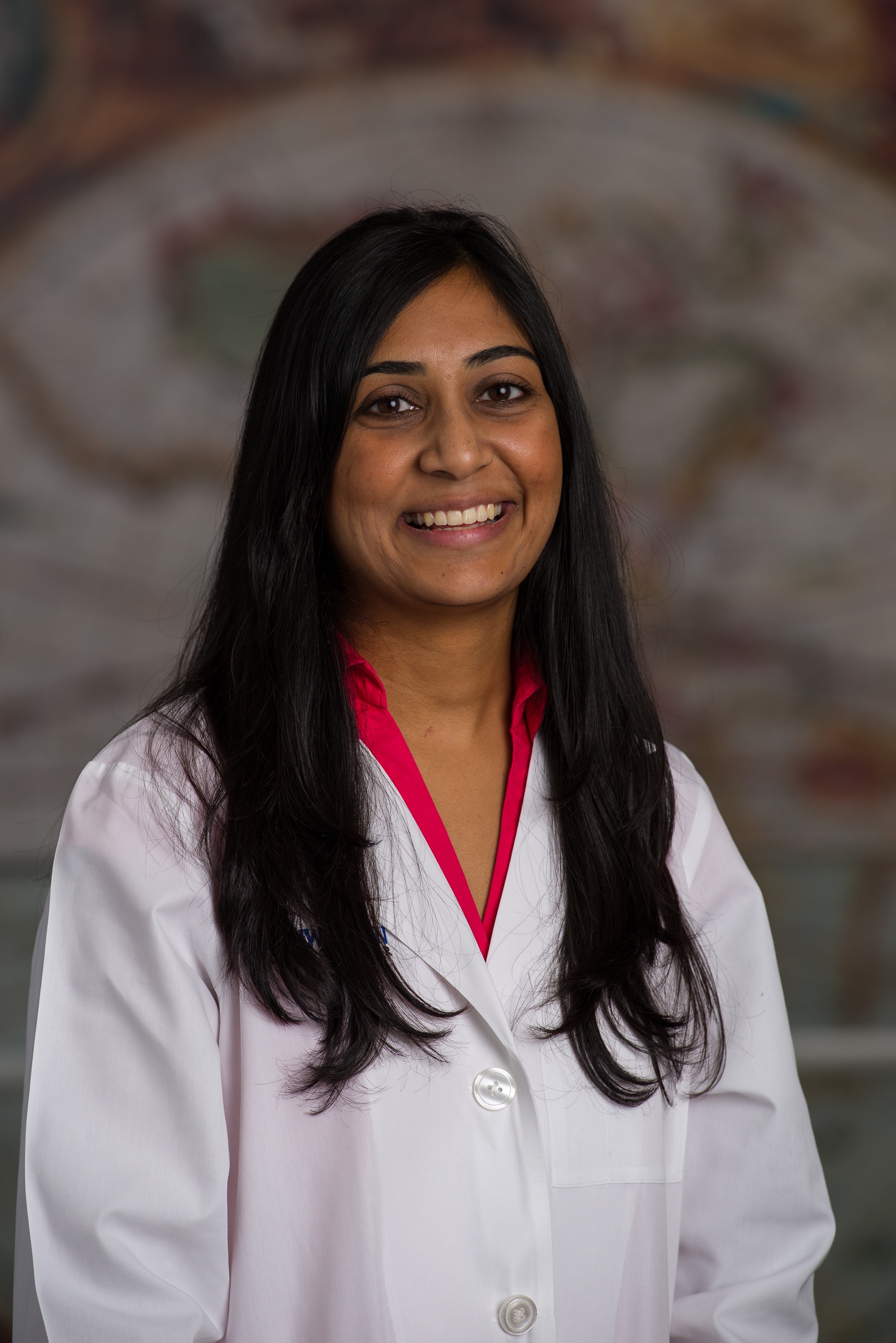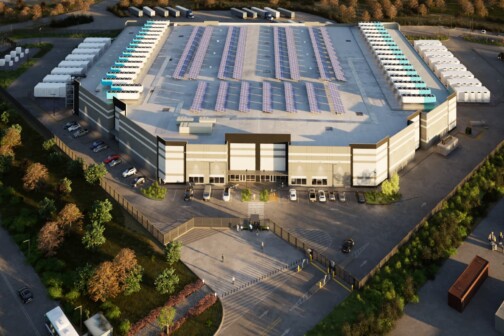
Appointments with my doctor make me nervous. That’s highly ironic because I’m a doctor, a maternal-fetal medicine specialist who regularly deals with high-risk pregnancies. But ever since developing preeclampsia during my first pregnancy eight years ago, the thought of having my blood pressure taken triggers flashbacks and anxiety.
The silver lining is that my experience has changed the way that I care for patients.
I was diagnosed with preeclampsia at 32 weeks after my blood pressure rose and I experienced headaches and blurred vision. The condition, which affects upwards of 10 percent of pregnant women, can lead to seizures or liver damage and is a leading cause of maternal and fetal death. My daughter was delivered via caesarean section within 24 hours of my diagnosis and stayed in the newborn intensive care unit for 5 1/2 weeks. The whole experience was frightening.
Afterward, I was terrified to go to a doctor and have my blood pressure taken. In fact, I avoided seeing a doctor for two years, until I got pregnant again — something I would never advise my patients to do.
On the day of my first prenatal care visit, I started worrying as soon as I woke up. My anxiety skyrocketed and my pulse shot up to 120 beats a minute — almost double what it should have been.
At 29 weeks, I was told that my baby was not growing normally and was once again diagnosed with preeclampsia. By 34 weeks, the symptoms had become severe and I had another C-section to deliver my second daughter. But because I had shared my anxieties from the first C-section with my medical team, they implemented small changes that made the experience better for me.
Today, my daughters are healthy young girls, but having my blood pressure taken still triggers flashbacks. I always arrive 20 minutes early for doctor’s appointments so I have time to calm myself down.
PTSD is most often associated with the trauma experienced by survivors of assault or war. But it can also develop from a traumatic pregnancy or birth event like miscarriage, preterm delivery, or pregnancies that involve complex infant care.
While postpartum depression is more commonly diagnosed in new mothers, pregnancy-related PTSD is becoming more widely recognized and the subject of research. Nearly 10 percent of women with a prior pregnancy complication meet the full criteria for PTSD, and approximately 30 percent meet partial criteria. And though many women recover within a year, about a third develop chronic symptoms. I am one of them.
My experience has made me more aware of the fears and anxieties my patients may be carrying. Now when I meet a woman who is having another child, I ask her to describe her past pregnancy. Sometimes what appears on paper to have been a normal birth may have been traumatic for her.
Pregnant women with PTSD are more likely to have preterm births. By listening to my patients, I can make adjustments in their care plans to avoid situations that may trigger anxiety. When symptoms of PTSD affect their lives, I often share my own experience and can recommend a psychiatrist or support group for help.
Pregnant women should be upfront and honest with their doctors about their past medical experiences. But the onus is really on doctors to try to gauge whether a patient had a traumatic birth experience and may be experiencing PTSD. This is yet another instance in which a patient’s emotional well-being can play as big a role in care as her physical well-being.
Dr. Shivani Patel is a maternal-fetal medicine specialist and Assistant Professor of Obstetrics and Gynecology at UT Southwestern Medical Center in Dallas. This article was first published by STATnews.com.




